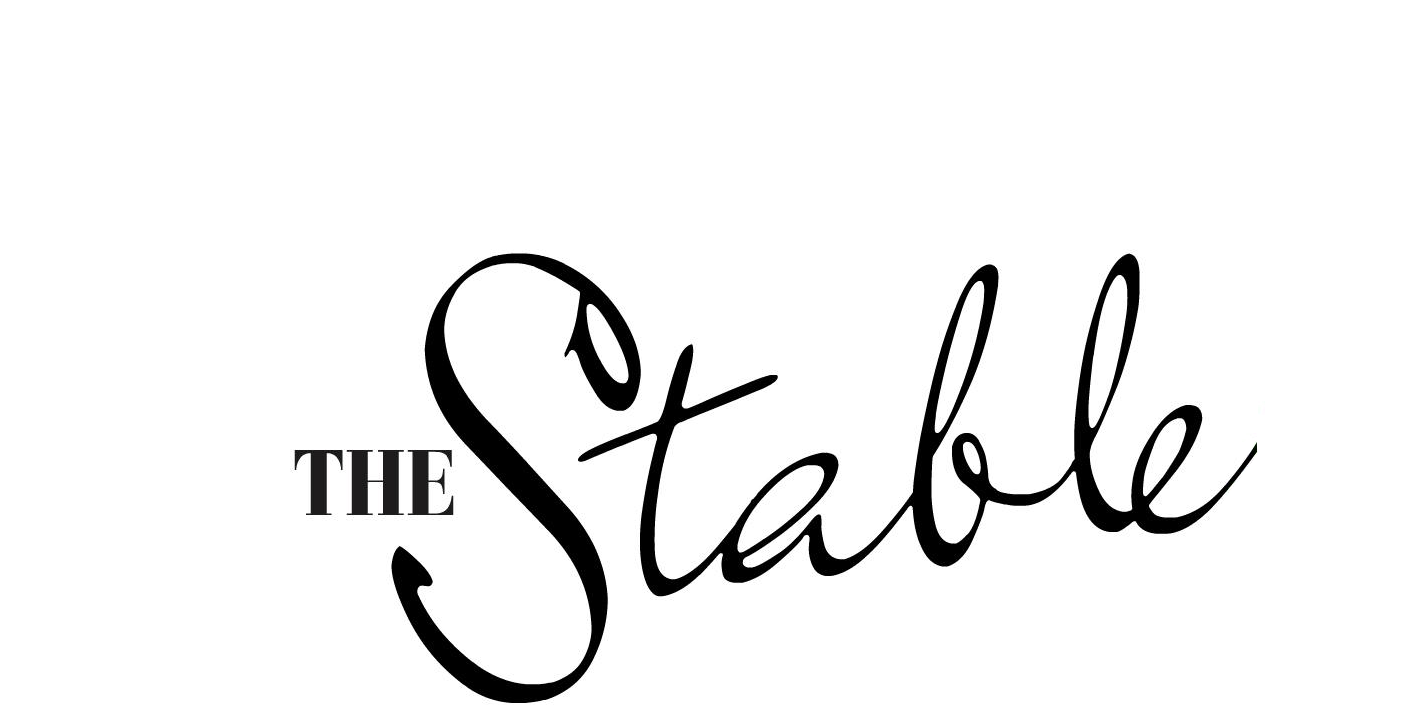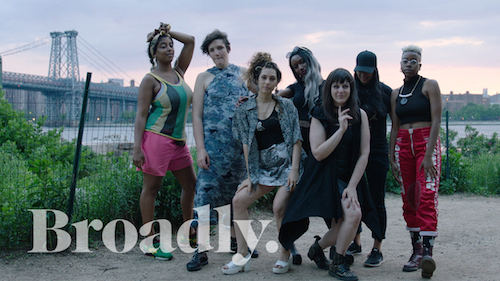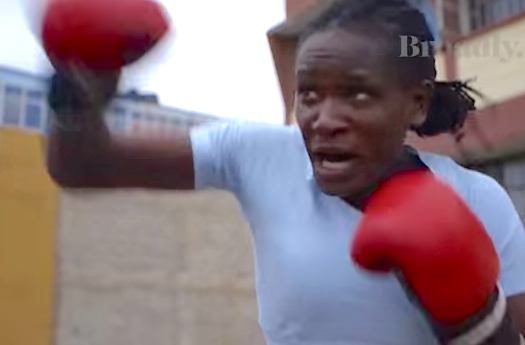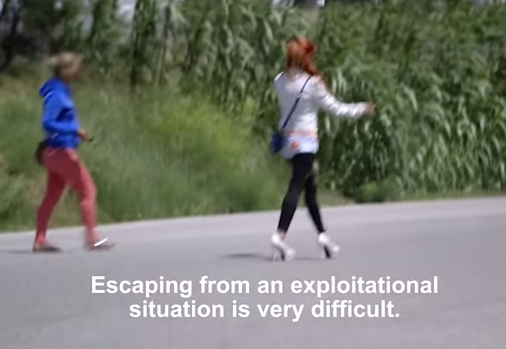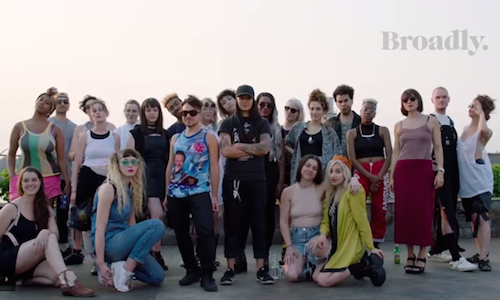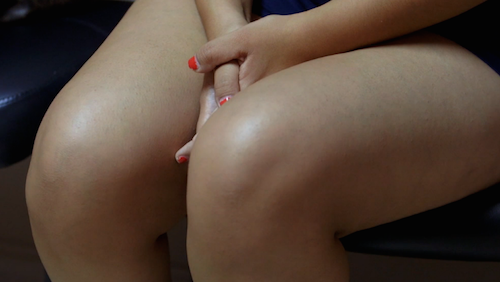In February this year, Vice announced its plans to launch a new channel – this time “For women who know their place. Sex, politics, culture, witchcraft. Women’s news you thought would exist by now.”
Vice’s sister is called Broadly. Its launch date is August 3 and the channel has just launched a promo that gives glimpses of both the topics it will cover and the attitudes on which it will stand:
Broadly will be Vice’s fourth channel launch in 12 months. Its other siblings are News, Sports and Munchies. But, despite the costs that Vice must have made racked up inside one year, Broadly is standing on solid ground. One month ago, it announced that it had secured a multi-year sponsorship deal with Unilever.
And Unilever will gain (potentially) hundreds of millions of viewers via sponsorship and content co-creation on the site as Broadly’s exclusive personal care partner. The new channel is free (and looking) to sign up other brands from other sectors.
The Unilever deal will initially involve four brands: Vaseline, Dove, Sure and Tresemme with a focus on sponsorship and branded content. Vice will maintain editorial autonomy.
Unilever has been in partnership with Vice since 2012, and is the lead business on the site, Collectively, that launched in October last year. Unilever, Facebook, Coca-Cola, Google and Marks & Spencer are also included in the 29 major brands that created what they call a “sustainable living platform” and is curated and created by Vice Media’s creative services division, Virtue.
Unilever’s chief marketing officer, Keith Weed, explained the thinking behind his company’s connection to Broadly, at Cannes this year, “This is a sign of what’s changing in our industry; the challenge is around content and how brands create relevant, penetrating content in people lives.
“No one’s done it quite like Vice has. And we believe Broadly is fantastic for Unilever and our target audience.”
“We make everyday products and brands that are part of people lives. What Vice has done brilliantly is become woven into people lives; it’s not something people go to, Vice is a part of their lives. We want that. And learning the way Vice develops content is a great lesson for us.”

